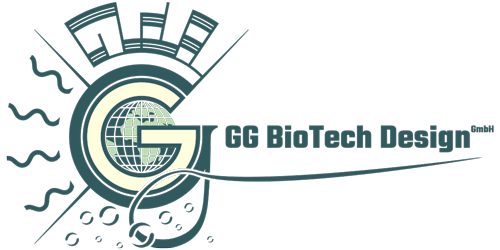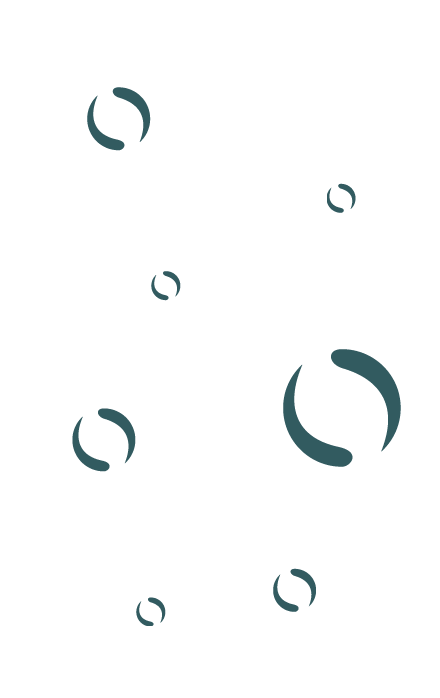

Aquatic Ecotoxicology
We offer a broad range of scientific services in aquatic ecotoxicolgy.
We have experience with a series of standard and non-standard tests with various aquatic organisms to evaluate general sensitivities, NOECs and EC50. We work together with our partners on freshwater and saltwater species. Meanwhile we work with more than 100 species. Species Sensitivity Distributions (SSD) with focus on different perspectives today are a basic tool in risk assessment.

Marine Science
We working with our partners on marine ecotoxicolgy questions. A main focus is on invertebrate testing (e.g. different kind of opossum scrimps) and on effects of chemicals on corals.
Together with our department for aquaculture we develop circulating systems with fish, scrimps, algae and insects.

Aqua Culture
Our focus is to build up new complex aquatic systems, which can be stabilised under several environment conditions. The interaction of several species in one system gives us the chance to avoid monoculture systems with high risk of biological collapse. In a multi-complex system resources can be shared between different species and waste water can be strongly reduced.
